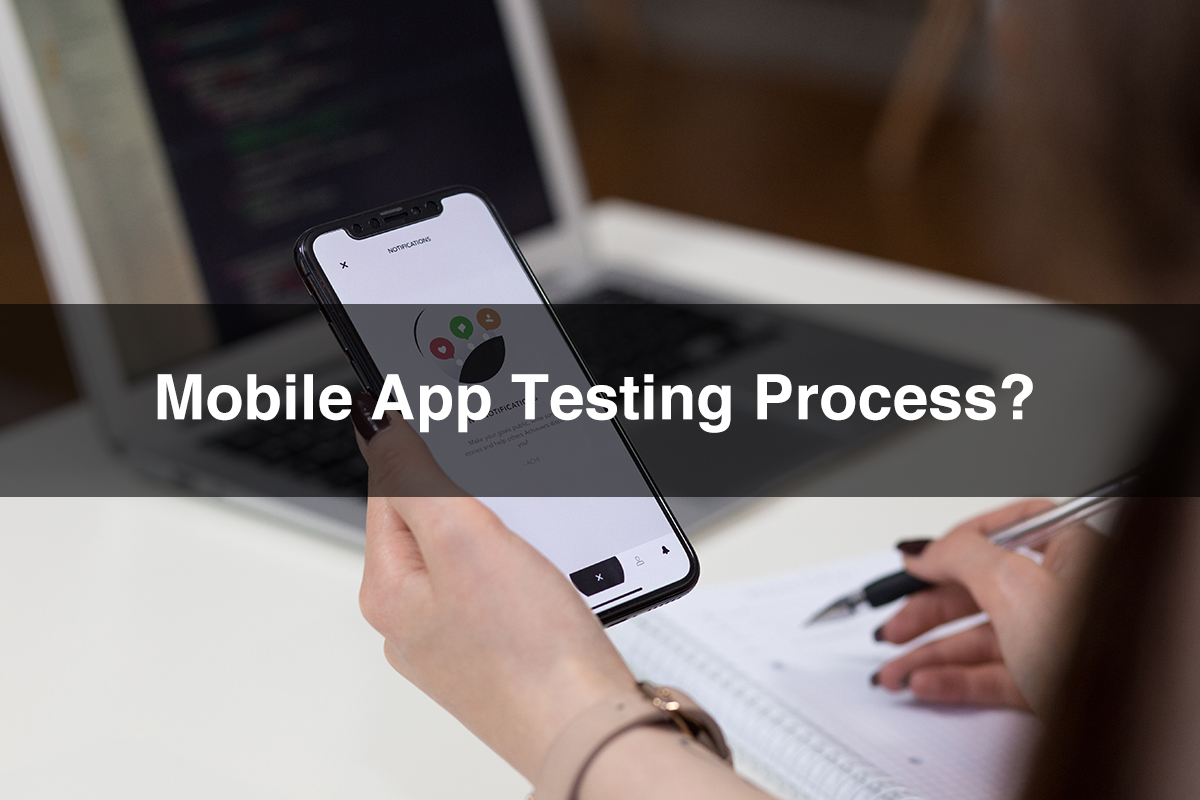What Are the Mobile App Testing Process?
Mobile App Testing process its have an individual set of techniques to be followed, this can again be tweaked as per development necessities. Going advancing with this article, we will understand the overall testing procedure defined for Mobile Applications.
Identify Testing Types:
This is the part to detect the different styles of testing to be passed out for the app Usability, Compatibility, Functional, Performance, Beta, etc. Also, it is similarly important to select the grouping of automation testing, manual testing, and testing in the mobile cloud, due to wide-diversity of the strategies and stages.

Manual and Automated Testing
In this stage, you will essentially run these on the basic functionalities to certify that there are no damages. To complete this, the QA team had an automatic basic set of functionality using test and entered the automation script on each phase which kept a good amount of time.
Test Case / Script Design
It’s similarly important to fix which grouping of manual and automation testing will be running. Make isolated sets for manual test cases and automated test scripts as essential. And find any recyclable automation writings and change them as per the development necessities. It also focusses on
-Battery usage
-Data requirements
-Application speed
-Memory consumption
Beta Testing
After this early setup, once the specific design was moved from the QA container, user acceptance testing was led for this QA/ST develop. This was completed by requesting the beta operators to look through every single part within the project. This confirmed that all bug was fixed earlier the app was released and captured all essential features and functionality.


Usability Testing
Usability testing is passed out to confirm if the application is attaining its aims and receiving a promising response from customers. This part of the analysis hopes to address the basic tasks of the variety of mobile devices and mobile platforms/OS. Usability testing is to ensure that there are no errors in the placement, functionality, or sizing of the customer boundary on different devices.
Performance Testing
The stability, resource usage, responsiveness, functionality and customer interface for the distributed design was methodically tested. It’s a great exercise to check your app for scalability and performance problems.
Functional Testing – App functionality should be completely verified, with special concern given to installation, sign-up and login, updates, device-specific functions, provisioning, and fault messages.

Device Testing
The project was checked through several OS types/devices using the Device Anywhere simulation device and too bodily tested in our devoted mobile application analysis laboratories.

Security and Compliance Testing
Security and data privacy is of the most extreme impact nowadays. Users request their information and data is safe and private. Make sure that the app is safe by certifying SQL injection, session hijacking, data dumps, packet sniffing, and SSL.
Test Summary Report
Lastly, QA supervisor created the test summary statement. This is an organization report which delivers details of any significant data exposed by the tests conducted, contains valuations of the quality of the challenging work, the quality of the software method under test and information derived from event reports. The statement also archives different types of challenging performed and how extended did it take to finish the testing.
Let’s discuss your testing needs Contact us today and receive a FREE QUOTE









